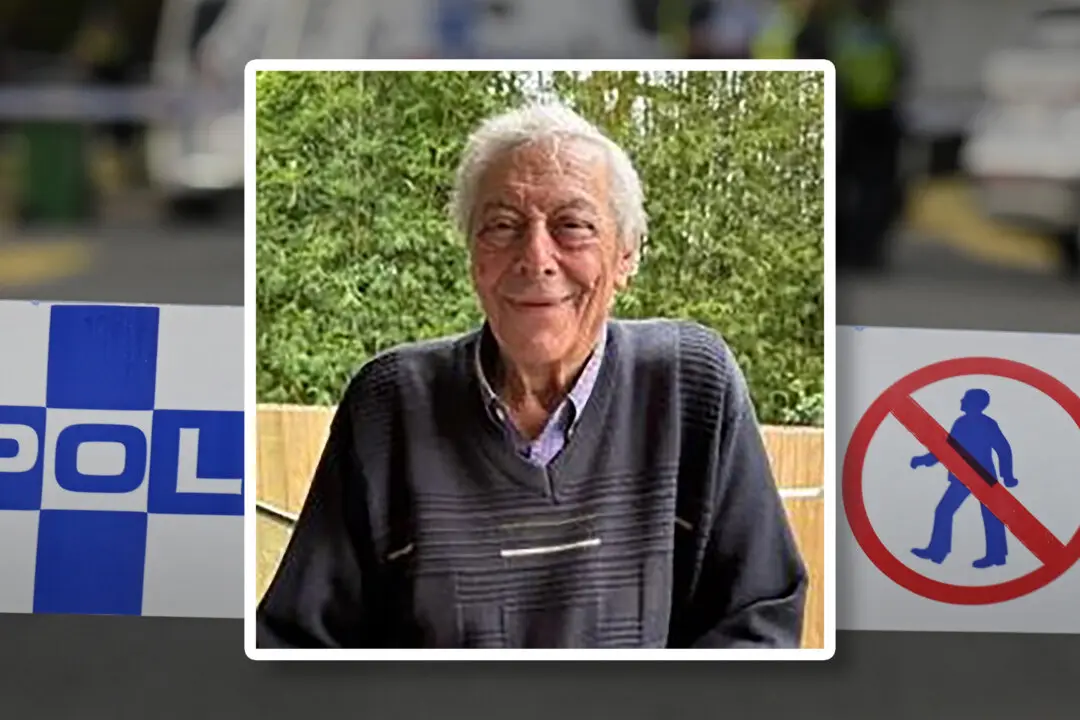Anyone wielding a knife in public in New South Wales (NSW) risks an $11,000 fine as the government promises to crack down on street violence.
Police Minister Yasmin Catley says a two-day operation targeting knife-related crime last month led to 172 people being charged with 565 offences and 294 knives seized.





